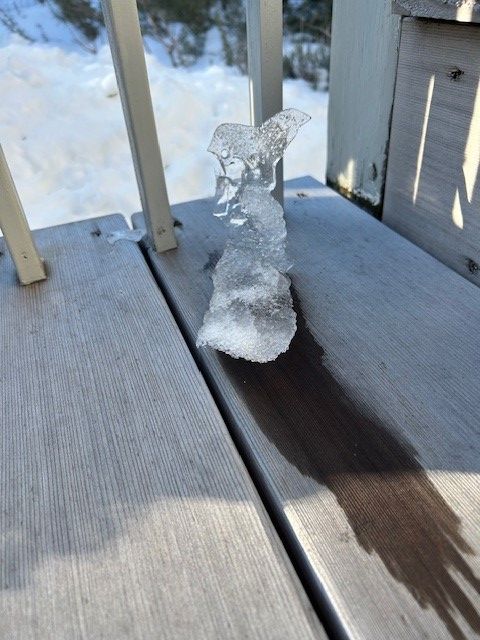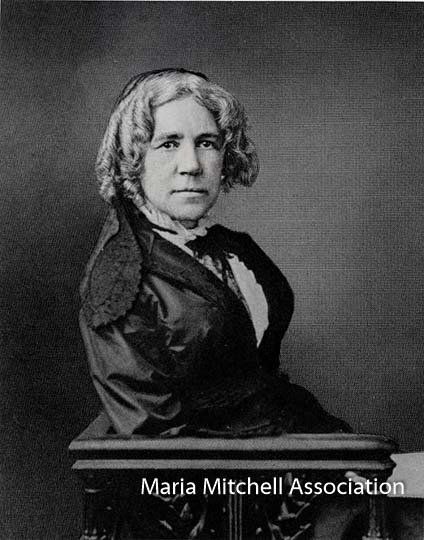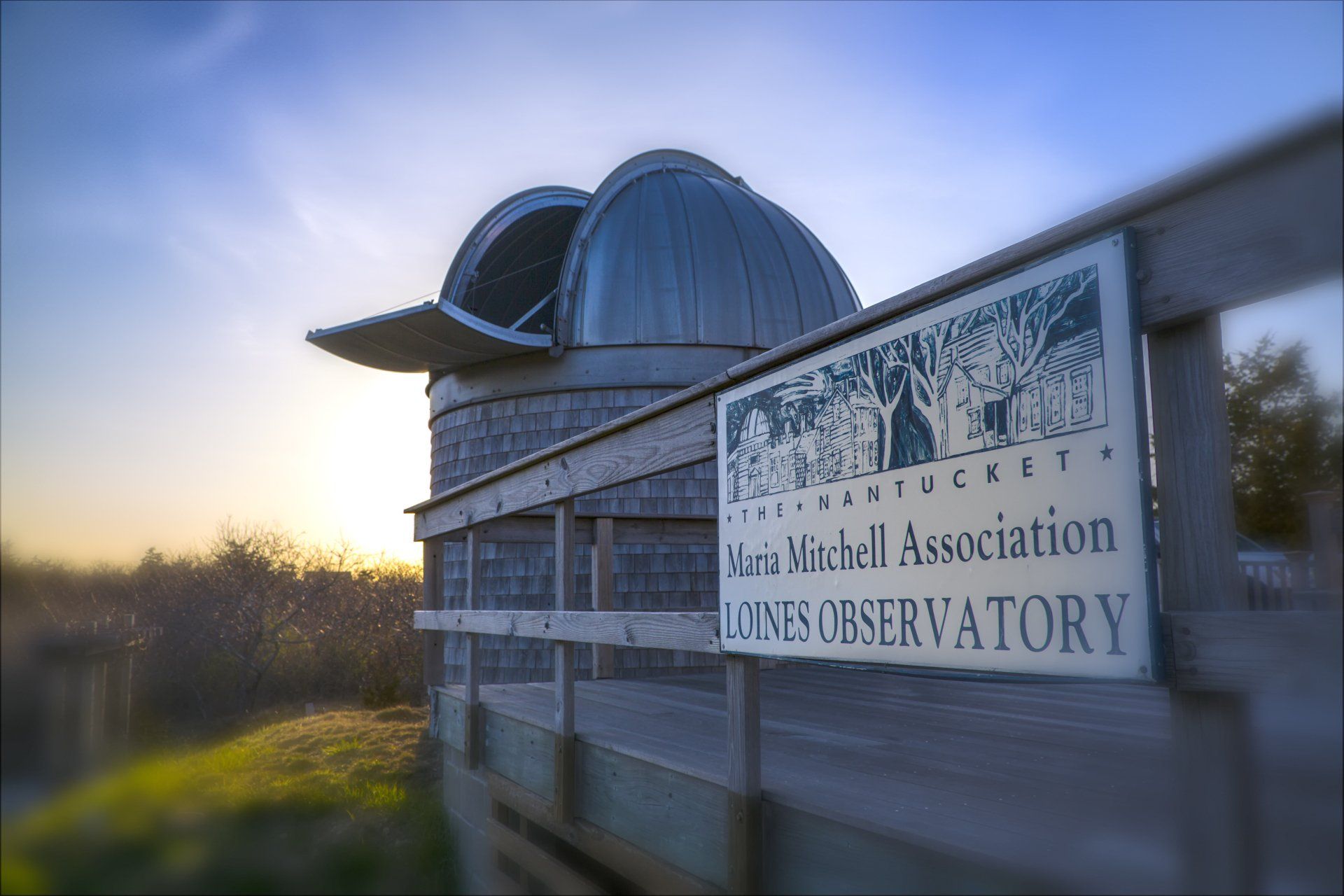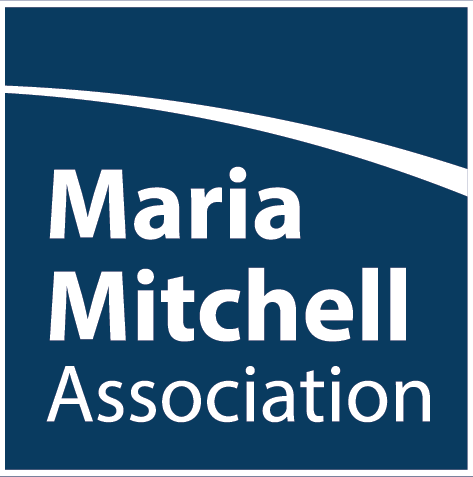Islanded in a Pandemic
In the life of each of us . . . there is a place remote and islanded, and given to endless regret or secret happiness; we are each the uncompanioned hermit and recluse of an hour or a day; we understand our fellows of the cell to whatever age of history they may belong.
– Sarah Orne Jewett, The Country of the Pointed Firs
The above quote is from my favorite book – which I have written about before – The Country of the Pointed Firs . I try and read this book every summer. The quote has never really struck me before until now. In light of COVID-19, it sat with me and I read it several times over. It is in reference to Joanna Todd – a young woman who banishes herself to live alone on a thirty-acre desolate island that is sleeping not far from the shore of the coast of Maine near the fictional Dunnet Landing.
Jewett wrote several books of short stories that were published before this Firs and I like to think that Maria may have read at least one of them since these first stories were published starting at least a decade before Maria’s death. Jewett spoke of nature in a way that Maria would have appreciated. While Maria was an astronomer and mathematician, she was also a naturalist as I have noted before, and daily nature walks were a part of her life. She noted what was blooming, the challenges of an insect she came across, and she even named wild animals that lived around the Vassar College Observatory.
But in light of where we all find ourselves right now – and over the past four months or so – it’s a prison to some extent. Even those who revel in being alone find themselves struggling – not all for there are some who find being completely alone and away from people a positive thing for whatever reason they have. For example, some children have detested “zoom school” while others have reveled in it and found it a new avenue for better learning than what they found in the classroom – alone, focused, quiet, or what-have-you. The pandemic has, to some extent, made hermits of us, recluses. For some, they feel as if they are in a cell bound by the four walls of their home – even if they can go out into a yard or down the street to briefly buy groceries. The whole “stay at home” has made them feel isolated, compressed, shackled, claustrophobic. It has left us alone in some cases with our feelings and emotions – more deeply than when one is running from place to place. Everyone has a different feeling but the idea of a prison, a cell, being remote, being “islanded” has become more apparent or more of a feeling for many.
JNLF
Recent Posts




